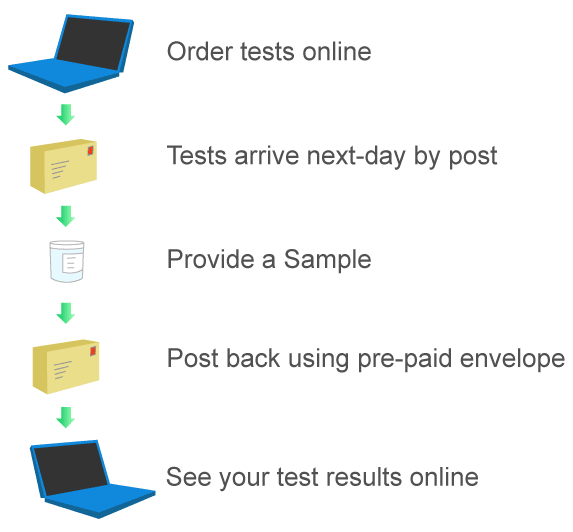HPV
What is HPV
HPV stands for: Human Papilloma Viruses. There are over 100 different strains or types of HPV and some are more high risk than others.
HPV can infect the skin and mucus membranes of the body. Here are the usual sites of infection:
- Vagina
- Vulva
- Cervix
- Anus
- Rectum
- Mouth
- Throat
Most people will have had at least one of the HPVs in their life. In most cases it will cause no symptoms
and will be cleared by your immune system. Immunity can take months or even years to achieve. When immunity
is achieved, it is for that particular strain only. You can become infected with a different strain even
if you have immunity to others.
How do we get HPV?
HPV is passed through sexual intercourse, open mouth kissing, oral sex and skin on skin contact with an
infected person. The risk of infection increases with the number of sexual partners.
You can reduce your risk of HPV infection by using condoms but this will not eliminate risk entirely.
You can have HPV for years without any symptoms so if you test positive for HPV this does not mean that it
was acquired recently.
Genital Warts
Some HPV types cause warts. HPV types 6 and 11 can cause genital warts. Genital warts can be remedied in a
number of ways but the most convenient method of dealing with genital warts is the application of a cream
or solution that can be prescribed by a doctor.
Genital warts are generally diagnosed by simply looking at the lesions. This can be done by an appropriately
qualified healthcare professional, without the need for laboratory testing. Our partner clinic can also do
photo assessments free of charge. For further details, please visit the Genital Warts information page at our partner, The Online Clinic.
The types of HPV that cause warts are low risk.
High Risk HPV
Certain types of HPV can cause cell changes known as dysplasia. This type of cell change can lead to cancers.
HPV types 16 and 18 cause 70% of all cancers of the cervix. There are another 12 types that cause the other 30%.
It is important to point out that most women who test positive for any of the high-risk types of HPV do not go on to develop cancers. However, if someone tests positive for any of these types of HPV then cytology is performed – this is known as a cervical smear test. This is done through your GP or gynaecologist. If abnormal cells are detected on this test then you will be referred for a procedure called a colposcopy, where the cervix is examined to confirm any abnormalities.
If the HPV has caused dysplasia then you will receive treatment to remove the abnormal cells.
It is recommended that women get tested every 3 - 5 years (depending on age) for abnormal cells or for high risk HPV.
HPV Vaccination
Girls between the ages of 12 and 13 in the UK are offered a vaccination against some of the higher risk HPV types and also the ones that cause genital warts. This vaccination remains free on the NHS up to your 25th birthday. The STI Clinic does not offer a vaccination service.
Getting Tested for HPV
The STI Clinic offers 2 tests for HPV. These tests are suitable for female patients only. These tests use
self-collected samples that are then analysed in the laboratory. Test results take up to 5 days to process.
You can read more about tests for HPV here.
How Our Service Works
- Order your
STI test online
- Discreet package
arrives next day
- Provide a sample and post in pre-paid envelope
- Access results online

HPV - Specific
- Order by 3.00pm Monday to Friday for next day delivery